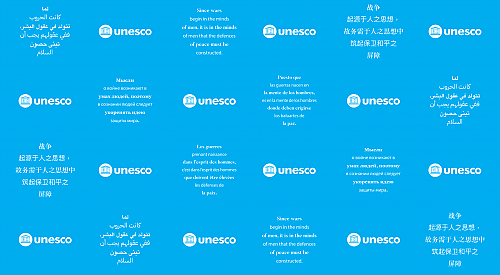Community-based inventorying workshop
4 - 15 July 2021Online (Yemen)
Follow-up session of the online training on periodic reporting for country focal points in Europe region
2 July 2021Online (France)
Teaching and learning with living heritage: Lessons learnt from the joint UNESCO/EU pilot project - presentation of project...
29 June 2021 - 6 November 2025Online (-)
Teaching and learning with living heritage: Lessons learnt from the joint UNESCO/EU pilot project for German speaking countries
23 June 2021 - 6 November 2025Online (Austria)
Teaching and learning with living heritage: Lessons learnt from the joint UNESCO/EU pilot project for English speaking countries
21 June 2021 - 6 November 2025Online (Netherlands (Kingdom of the))
Wrap-up workshop for the project' Community-based inventorying of ICH in Tbilisi, Georgia'
18 - 19 June 2021Tbilisi (Georgia)
Online training of trainers on living heritage and education
16 June 2021 - 2 July 2021Online (France)
Online workshops at national level on integrating disaster risk reduction in inventories of intangible cultural heritage -...
10 June 2021 - 10 August 2021Online (Honduras)
Awareness Creation Workshops on 'Intangible Cultural Heritage-in-Education' for Anglophone Countries in West Africa
8 - 9 June 2021Online (-)
Workshop on Developing Safeguarding Plans
6 - 10 June 2021Online (United Arab Emirates)
Developing safeguarding plans in Greece
31 May 2021 - 4 June 2021online (Greece)
Second meeting of the 16.COM Bureau
21 May 2021Online (France)

